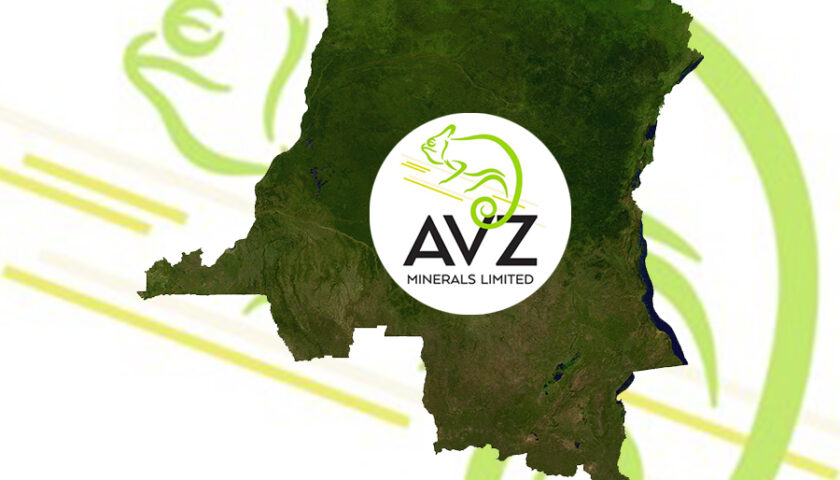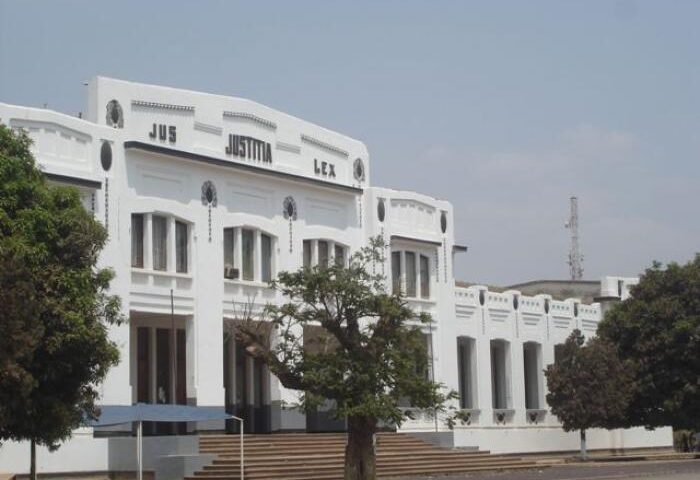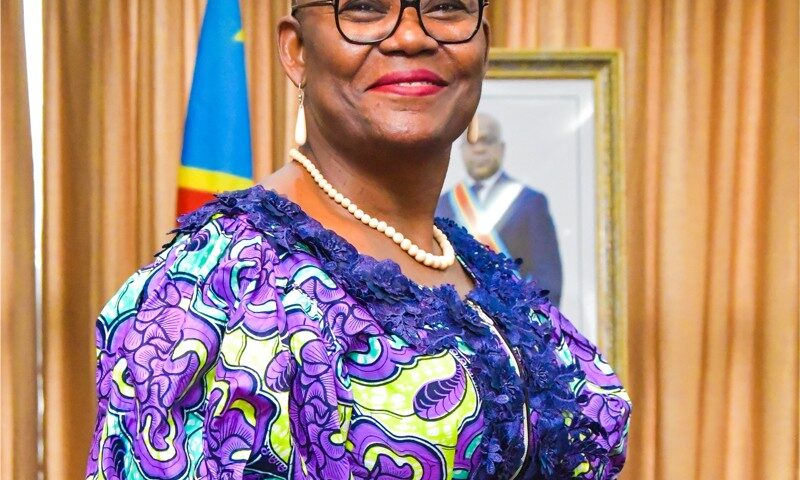DRC Finances Minister Henry Yav Mulang (Photo: Forum des As)
Democratic Republic Congo will suspend value-added tax on imports for mining companies to ease the operating conditions for struggling miners, Finance Minister Henri Yav Mulang said.
In April the government ordered the central bank to temporarily stop reimbursing VAT in order to reduce pressure on the domestic currency. That suspension remains in force and the country has now agreed to halt the collection of VAT on imports in the mining sector for 12 months to prevent tax arrears owed by the government, currently estimated at $750 million, from increasing further, Mulang said Thursday.
“The global conditions are already difficult for mining companies and we cannot afford to create further problems through the non-reimbursement of VAT,” Mulang said by phone from Kinshasa. “It is the mining sector that drives economic growth in this country, we need to reassure them.”
The fall in the price of copper in the last year has cut operating margins for miners including Freeport McMoran Inc. and Glencore Plc in the copper-rich Katanga region and slashed revenues for Congo’s government. The government has reduced its economic growth forecast for the year from 9 per cent to 5.3 percent and seen foreign exchange reserves fall from $1.5 billion in December to $1.17 billion last month.
The decision to temporarily suspend the reimbursement of VAT was intended to protect the value of the Congolese franc, which has fallen 11 per cent since the start of the year, according to the Central Bank, but placed further strain on mining company cashflows.
The government had wanted to halt VAT on imports for mining companies sooner but was delayed by legislative hurdles, Mulang said. In the next 12 months the government will seek to reduce the size of its VAT arrears and increase revenue collection to improve its ability to reimburse, Mulang said.
The government decree, which was approved at a cabinet meeting July 7, will now be signed by the Prime Minister and counter-signed by the Minister of Finance before it comes into effect, he added.
By Tom Wilson (Bloomberg)




